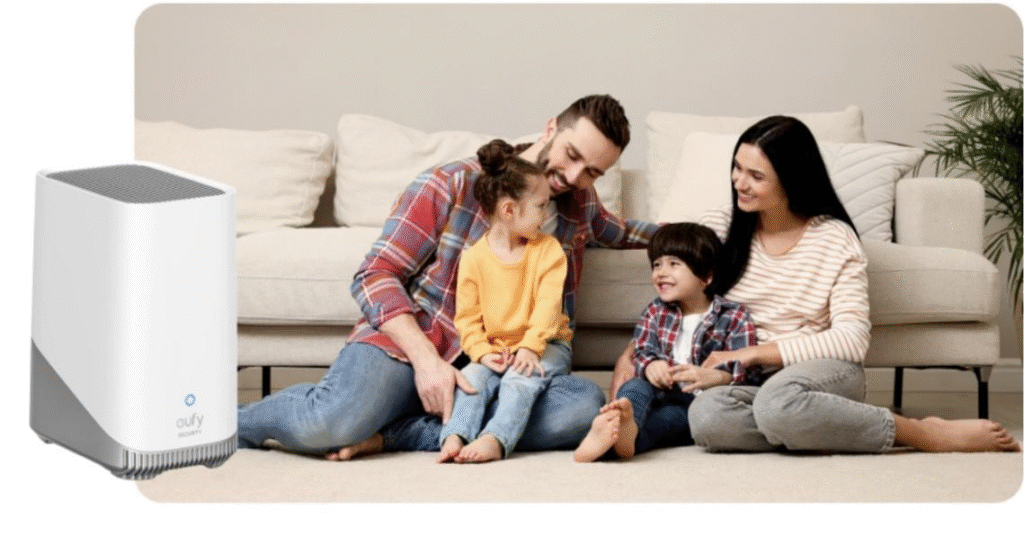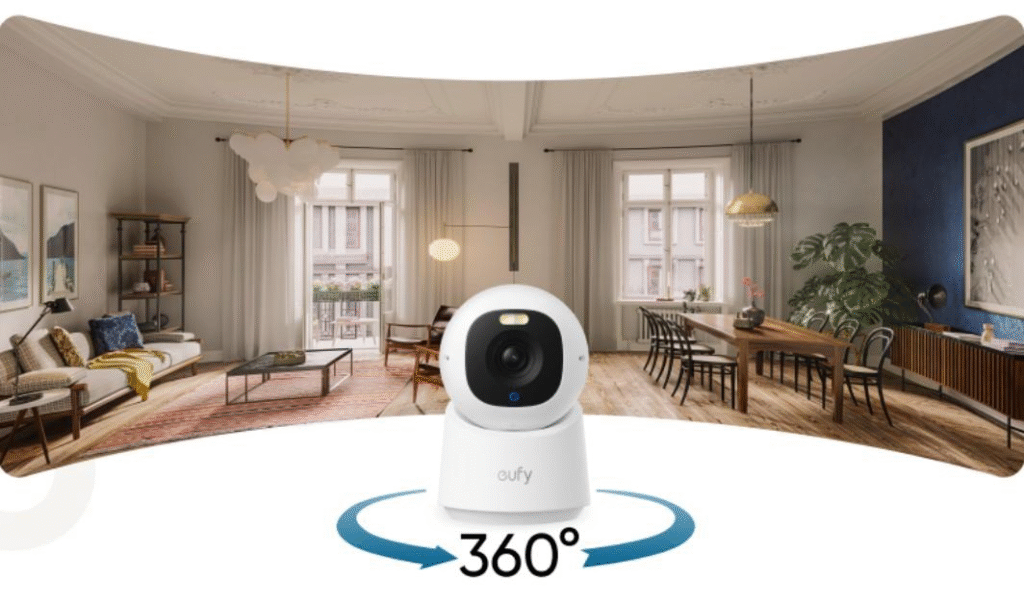Buying a home security camera system for the first time can feel overwhelming, but the right choice can greatly improve safety and peace of mind. Security cameras help deter crime, protect loved ones, and provide valuable evidence when needed. From monitoring driveways and entrances to keeping an eye on children or deliveries, these systems offer both convenience and confidence. In this guide, first-time buyers will learn the key factors to consider—such as camera type, video resolution, and smart features—so they can choose a reliable system that fits their needs and ensures round-the-clock home protection.
Contents
Why Consider Buying a Security Camera?
Increased Home Security and Protection
A security camera provides an immediate layer of safety for any property. Homeowners may track entrances, driveways, and common areas in real time, decreasing blind spots and weaknesses. Visible cameras deter burglars from trying to gain illegal entry and allow families to observe their surroundings continuously. Parents utilize cameras to ensure their children’s safety, while homeowners monitor guests or deliveries. Security cameras establish a safe atmosphere by capturing every activity, allowing dangers to be discovered before they become genuine concerns. This ongoing protection helps to prevent mishaps and improve overall home safety by providing households with dependable tools for controlling their surroundings.
Peace of Mind for Homeowners
Installing a security camera system gives confidence beyond physical security. Homeowners may access live feeds from their cellphones or desktops at any time, allowing them to stay connected to their property even while abroad. This ongoing sight alleviates concerns about what occurs when families are away and offers them assurance that their house is safe. Parents can ensure that their children have arrived home safely from school, while tourists may keep an eye out for odd activities. The opportunity to check recordings following unforeseen incidents offers an extra element of reassurance. Knowing that protection is active 24 hours a day, seven days a week, provides peace of mind.
Crime Deterrence and Evidence Collection
Security cameras serve as effective deterrents to possible criminals. Criminals frequently avoid homes with visible cameras, which reduces the risk of break-ins and destruction. If an event occurs, recorded film is useful evidence for investigations and legal claims. Clear video may assist in identifying suspects, recreating events, and supporting insurance claims. This evidence not only helps law enforcement but also enhances homeowners’ arguments when conflicts arise. Without cameras, essential facts may be overlooked or lost. With accurate film, homes and companies have documentation that allows for recovery and accountability, guaranteeing that justice and protection go beyond prevention.
Key Factors to Consider Before Purchasing a Security Camera
Camera Type: Wired vs. Wireless
The difference between wired and wireless cameras affects installation, dependability, and flexibility. Wired cameras provide secure connections and constant power, making them ideal for permanent installations that require continual recording. However, they sometimes require expert installation and are less adaptable to relocation. Wireless cameras operate via Wi-Fi connections, making installation and mobility easier. They are great for renters or people who want a rapid setup without drilling. However, they rely significantly on network stability and battery life. Evaluating whether dependability or convenience is more important helps homeowners choose the best fit, ensuring that the chosen system meets both property demands and user preferences successfully.
Video Quality and Resolution
Video quality impacts how clear and usable camera footage will be in everyday situations and crises. Low-resolution cameras may generate fuzzy images that fail to recognize faces or features, diminishing their usefulness as evidence. High-definition alternatives, such as 1080p or 4K, offer crisp clarity, making it easier to detect important details like license plates or clothes. Higher resolution also improves zooming capacity while preserving crucial information. However, crisper video demands more storage and bandwidth, which may raise prices. Balancing quality, storage capacity, and internet speed guarantees that homeowners receive dependable, comprehensive footage without incurring excessive technical or financial hardship.

Additional Features: Motion Detection, Audio, and Alerts
Modern security cameras often include features that enhance functionality beyond simple recording. Motion detection saves storage space by capturing only relevant activity while sending instant alerts to users when movement occurs. Built-in audio allows homeowners to listen and even communicate through two-way systems, adding interactive monitoring. A PTZ camera, which can pan, tilt, and zoom, offers flexible coverage and reduces the need for multiple fixed units. Some cameras integrate with smart devices, sending push notifications directly to phones or smart speakers. These sophisticated features enable users to react rapidly to strange situations, avoiding small difficulties from growing. While not every function is necessary, choosing cameras with personalized tools guarantees that the system meets particular demands and improves overall home security.
Conclusion
Choosing the right home security camera system is an essential step for first-time buyers who want to protect their property and loved ones. From deterring potential criminals to offering peace of mind through remote access, security cameras provide both safety and reassurance. By considering key factors such as wired or wireless options, video resolution, and advanced features like motion detection and smart alerts, homeowners can select a system that meets their unique needs. Investing in the right solution ensures reliable monitoring, valuable evidence when required, and round-the-clock protection—making it a worthwhile decision for any modern household.




